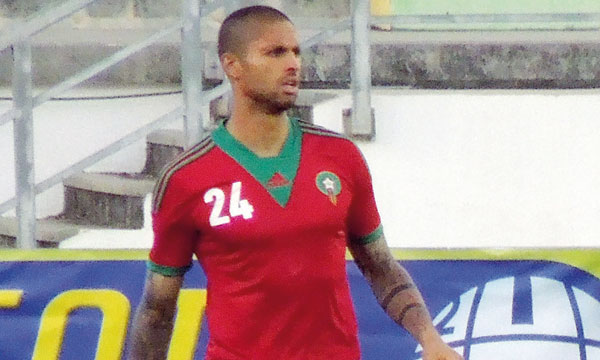**Michel Platini Breaks Silence on FIFA Suspension and 2011 Payment**
Michel Platini, UEFA president and former French international, has broken his silence following a three-month suspension by FIFA’s ethics committee. In an interview with *Le Monde*, Platini addressed the controversy surrounding a 2 million Swiss francs payment he received in 2011 for work performed in 2002, defending his actions and clarifying the circumstances.
Platini explained that after Sepp Blatter’s re-election as FIFA president, he began working on several projects, including reforming the global competition calendar and overseeing the “Goal Project,” which provided support to the world’s poorest football federations. “I really worked, and many people can attest to that. In fact, I worked for several months without receiving anything,” Platini said.
He recounted how he approached Blatter about the payment. “He said to me: ‘Yes. I can’t pay you 1 million because of the salary scale. You understand, the secretary general earns 300,000 Swiss francs. You can’t get more than three times his salary. So, we’ll give you a contract for 300,000 Swiss francs and we’ll give you the balance later.’ Only the later never came.”
Platini admitted a mistake on his part, explaining that he had miscalculated the sum due. “I no longer remembered that I had been paid 300,000 Swiss francs. I thought it was 500,000 and that he owed me a catch-up of 500,000 per four years. So I sent an invoice for 2 million. I was paid ten days later without any difficulty from FIFA and I paid charges and taxes on this amount myself, completely normally.”
Despite the suspension, Platini remains determined to pursue his ambitions in football administration. “Will I be a candidate? In any case, I still want to! I was suspended for three months, but what annoys me most is being lumped together with the others. I find it shameful to be dragged through the mud,” he said.
Platini confirmed that his legal team is closely following FIFA procedures and is prepared to take the matter to the Court of Arbitration for Sport if necessary. He cited Mohamed Bin Hammam’s 2011 suspension as a cautionary example, emphasising the need for a timely resolution.
The UEFA president’s statements provide a detailed account of his dealings with FIFA and reinforce his intention to remain active in football governance, despite ongoing scrutiny and controversy surrounding his 2011 payment.
—











